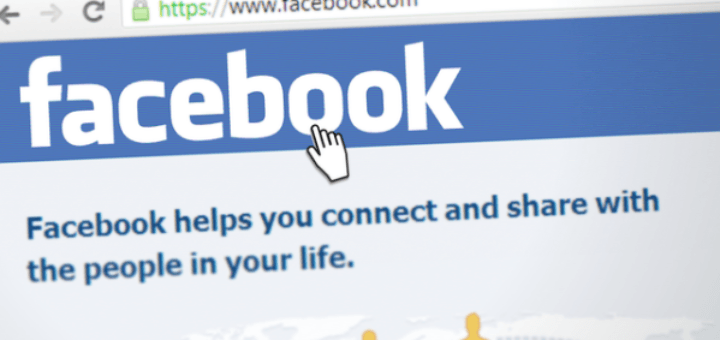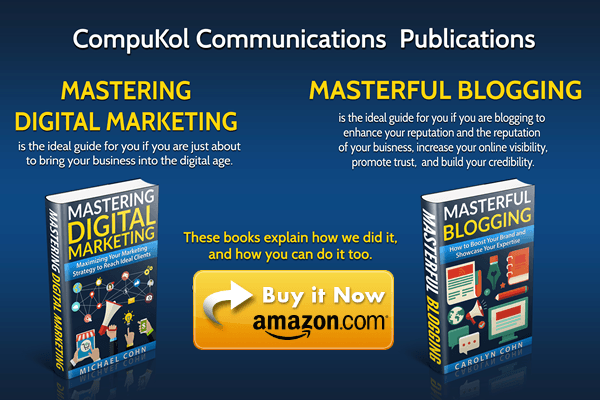Keeping Your Facebook Groups Engaged and Excited

Facebook groups are a great way to connect with your audience, share valuable content, and grow your brand. Whether you realize it or not, Facebook can be an extremely powerful marketing tool for your brand and your business, if you allow it to work the way that it is supposed to work. From a professional perspective, Facebook has a great deal of power behind it and all you need to do is to reach out and take advantage of that power so that it benefits your business. But how do you keep your group members engaged and excited? Here are some tips to help you create a thriving Facebook group.
-
Know your group’s purpose and goals. Before you start inviting people to join your group, you need to have a clear idea of what your group is about and what you want to achieve with it. Is it a place to provide support, education, entertainment, or something else? What value do you offer to your members? How do you measure your group’s success? Having a clear purpose and goals will help you attract the right people and create relevant content for them.
-
Create a welcoming and inclusive environment. Your group should be a safe and friendly space where everyone feels comfortable participating and sharing their opinions. You can create this environment by setting some ground rules for your group, such as being respectful, supportive, and constructive. You can also introduce yourself and encourage new members to introduce themselves as well. Make sure to acknowledge their posts and comments and show appreciation for their contributions.
-
Post consistently and diversely. One of the key factors that affect your group’s engagement is how often and what kind of content you post. You want to post regularly enough to keep your group active and visible, but not too much that you overwhelm or annoy your members. You also want to post different types of content that cater to the different preferences and needs of your members. For example, you can post questions, polls, videos, articles, tips, challenges, testimonials, or anything else that relates to your group’s topic.
-
Encourage interaction and feedback. Your group is not a one-way communication channel where you just broadcast information to your members. It’s a community where everyone can interact with each other and learn from each other. You can encourage interaction by asking open-ended questions that invite discussion, creating polls or surveys that solicit feedback or opinions, or hosting live events such as Q&A sessions or webinars that allow real-time engagement.
-
Reward your loyal and active members. Your group members are not just numbers on a screen; they are real people who invest their time and energy in your group. You want to show them that you appreciate their loyalty and activity by rewarding them in some way. This could be as simple as giving them shout-outs or recognition badges or as elaborate as offering them exclusive access or discounts on your products or services.
Getting started
As you are already aware, first of all, you will need to establish a Facebook group. You can have a Facebook page as well but that is not the same thing at all as having a Facebook group. Your group has one main purpose. It is a tool for you to be able to interact with other people. Interacting with other people means that you will pose questions and have exciting, valuable discussions around that thought-provoking question. You will jump into a discussion that was already established and give the group the benefit of your expertise. You will leave a comment and other people will chime in. All of those are extremely valuable and lead somewhere positive.
Monetizing your Facebook group
Once you created your Facebook group, you will be ready for the next step, which is monetizing your group(s). If you are not sure exactly what the purpose is of taking this approach, one thing that you should understand is that it is not about generating more traffic to your website. However, that doesn’t mean that you will not be generating more traffic (as a bonus). The truth is that it is actually a great way to drive traffic.
However, you should not be distressed if you don’t have a lot of people who are referring other people to you because that is not actually a requirement for you to succeed. If you don’t have anything else included in your online marketing strategy, you can still be successful with your Facebook group independently. Whether you have a product or a service to sell, the selling part of it will be exactly the same and the results will be exactly the same as well.
Size matters
If you aren’t sure about the appropriate size of your Facebook group, it just won’t cut it to have a small number of members. In fact, when it comes to Facebook groups, they can never be too large. The reason that you want your group(s) to be large is that a large membership will lend itself to some pretty lively discussions. In fact, those discussions will most likely take on a momentum of their own pretty quickly. Of course, your immediate objective is to establish relationships and interact with people. However, your ultimate goal is to get people to buy what you are selling. With such a large number of people in your group, you are bound to sell more as well.
Establish a unique theme
The fact that you have members whom you have in your Facebook group means that they have common interests with you. In fact, the chances are great that you have quite a few interests in common. When it comes to your Facebook group(s), people will be interested in the group (and what the group represents) is about something that touches them on an emotional/human level. Of course, it goes without saying that your group should be about something specific and, if at all possible, have a niche. If your group is not focused, other people will lose interest very quickly. You certainly don’t want that to happen. In fact, not only does the topic need to be focused but it must also be relevant, of course.
You don’t want to have a public group
You don’t want your group to be public for a few really good reasons. The first reason is that the potential members will feel special if your group is closed and they are admitted into the group. It makes them feel special knowing that other people are not going to be admitted but they are. It also establishes an attitude of respect and creates a positive atmosphere. The other main reason is that having a closed group protects the group. You don’t let just anyone in so you are shielding the group from people who have less than honorable intentions. Then there is the non-human less-than-great element that will not get in as well. Of course, you only want legitimate members to be a part of your group.
Conclusion
By following these tips, you can create Facebook groups that are engaging and exciting for both you and your members. You will have strong connections to the other members of the group and mutual respect and admiration will be the central theme that runs through the group and makes everyone feel safe and loved. If you follow this advice, you will run a solid, relevant group and you will be able to sell lots and lots of what you offer.
We are pleased to provide you with the insightful comments contained herein. For a complimentary assessment of your online presence, let’s have coffee.

|




